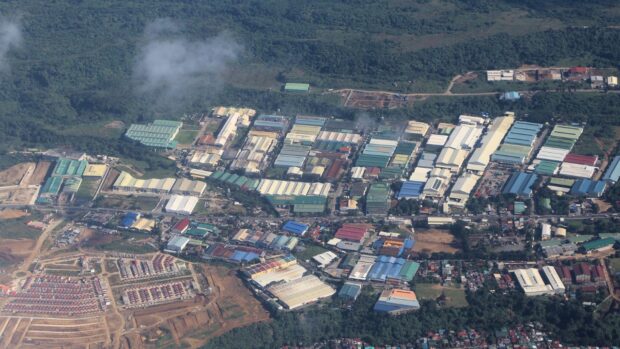
MANILA -Local businesses and households have turned more optimistic about the fourth quarter marked by the seasonal yearend boom, according to the latest quarterly surveys on business sentiment and consumer expectations of the Bangko Sentral ng Pilipinas (BSP).
Results show that the business outlook index for the next quarter—in this case, the fourth quarter of 2023—improved to 53.8 percent from 46.4 percent in the previous survey done during the second quarter.
The confidence index is computed as the percentage of respondents that answered in the affirmative less the percentage of households that answered in the negative with respect to their views on a given indicator.
The brighter outlook among businesses was attributed to the anticipation of stronger demand for products and services among the survey respondents and higher revenues mainly driven by holiday spending and other seasonal factors such as the peak of sugar milling season; better economic conditions amid the lifting of the state of public health emergency due to COVID-19; more expansion and business opportunities; and new customers and projects.
Brisker demand
Business confidence for the next 12 months was similarly more optimistic, rising to 59.7 percent from 58.5 percent.
Business respondents cited as reasons the expected brisker demand for goods and services across all sectors; improved business climate amid a fully reopened economy; further expansion and new business opportunities; additional clients and projects; and easing inflation.
Among households, optimism also crept up to 7.8 percent from 4.6 percent in the previous survey.
Households are expecting more available jobs; additional sources of income; higher income; increase in salary; and stable prices of goods.
The consumer outlook for the next 12 months was less buoyant, however, easing down to 18.9 percent from 20.5 percent in the previous poll.
Less upbeat
Household respondents attributed their less upbeat sentiment for the year ahead to their concerns about a faster increase in the prices of goods and higher household expenses; fewer available jobs; lower income; and the effectiveness of government policies and programs on financial aid, inflation management as well as worries about economic growth.
In the latest survey round conducted in the second quarter, the Business Expectations Survey covered 1,549 firms drawn at random from the list of Top 7,000 Corporations ranked based on total assets in 2016 from the Bureau van Dijk database. Data was collected from July 5 to Aug. 15, with 65 percent answers.
The separate Consumer Expectations Survey, on the other hand, covered a random sample of 5,404 households across the Philippines. It was done last July 3 to July 14 and 98 percent answered. INQ